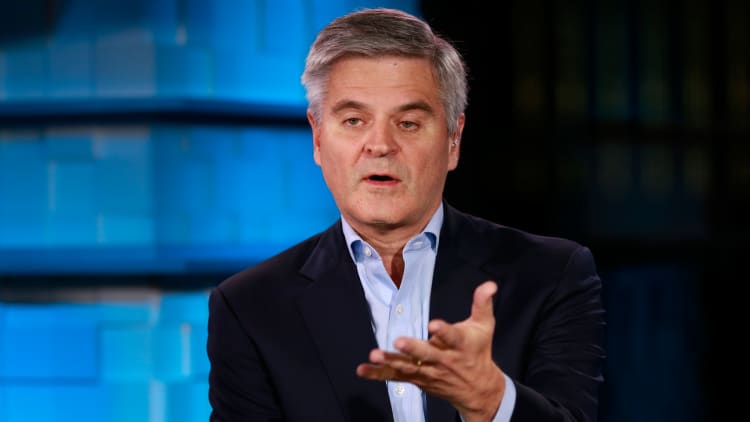
Companies building up their valuations and waiting longer to go public prevent investors from reaping as much of the rewards, AOL co-founder Steve Case told CNBC on Thursday.
"That deprives individual investors of the ability to have that growth," said Case — who led America Online's IPO in 1992 and later, negotiated what turned about to be AOL's ill-fated, $165 billion merger with Time Warner.
Wall Street has seen a boom in companies going public in 2019, with several having billion-dollar valuations.
For example, home fitness company Peloton, which makes its market debut Thursday, is valued at more than $8 billion. Ride hailing app Uber was valued at nearly $75.5 billion when it went public in May.
When companies went public in the 1990s and early 2000s, many of them were worth only a fraction of those sky-high valuations nowadays, said Case — who now runs the Washington, D.C.-based venture firm Revolution, which he co-founded in 2005. He's also chairman of the philanthropic Case Foundation, which he established with his wife Jean in 1997.
"When AOL went public in 1992, it was the first internet company to go public, we raised $10 million, and the valuation that day was $70 million," Case recalled. "When Amazon went public, it was $300 million. I think Microsoft was about $300 million. Now they're waiting until they're five or $10 [billion] or $20 billion."
The billionaire Case, who now looks to partner with entrepreneurs through Revolution, argued, "The upside, in terms of IPOs, of 20 years ago is not there today."


